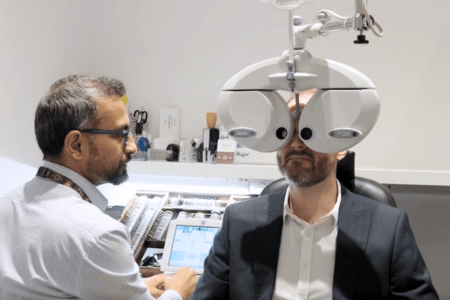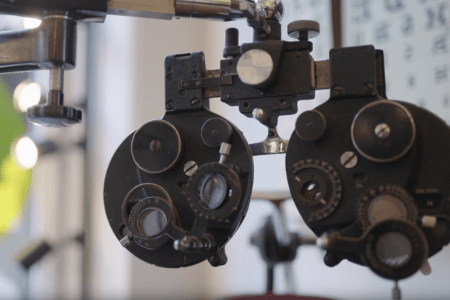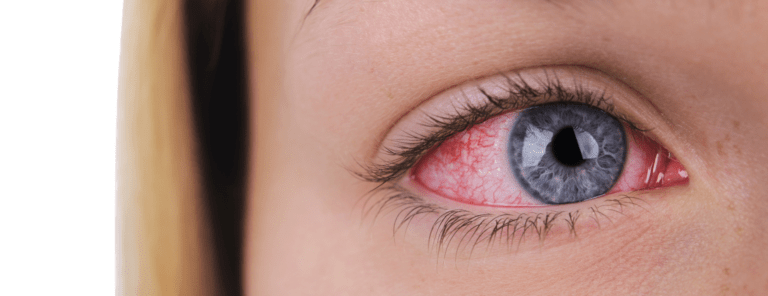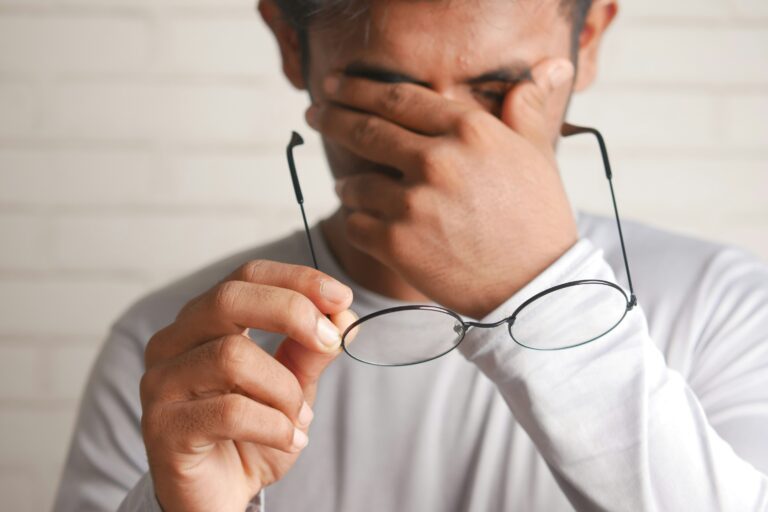
The Impact of Hay Fever on your Eyes
Hay Fever May be the Reason for Your Eye Irritation: How to Manage Symptoms in 2025
Have you ever noticed your eyes getting red, watery, and itchier during the spring and summer seasons? These are only some of the frustrating symptoms of seasonal allergies on your eye health and can make everyday activities uncomfortable. Let’s explore how hay fever affects your eyes, what you can do to prevent symptoms, and available treatments to keep your vision clear and comfortable.
How Hay Fever Affects Your Eyes
Hay fever, otherwise known as seasonal allergic conjunctivitis, is triggered by pollen from trees, grasses, and weeds. In the UK, tree pollen tends to peak in early spring, whereas grass pollen is more prevalent in late spring and summer. When this pollen comes into contact with your eyes, it triggers an allergic reaction. When pollen touches the conjunctiva, the sensitive tissue of the eye, your body’s immune system perceives it as a foreign invader and releases histamine; this triggers inflammation of the eyes which lead to the symptoms listed below:
- Redness due to inflammation in blood vessels of the eyes
- Itching caused by the body’s release of histamine
- Watering as your eyes try to flush out the allergens
- Swelling around the eyelids caused by the other symptoms
How to Prevent Hay Fever Eye Symptoms
While we can’t eliminate pollen from the air, there are steps you can take to minimise the pollen contact with your eyes during peak allergy season:
- Wear wraparound sunglasses to shield your eyes from airborne pollen
- Avoid rubbing your eyes as this can spread allergens and increase irritation
- Use an air purifier to help reduce pollen levels inside your home
- Shower and change your clothes after being outside to remove pollen from your skin and hair
- Stay indoors during times when pollen counts are high such as early morning and late evening
- For contact lens wearers, switching to daily disposable lenses can help as they prevent pollen buildup on the surface of the lens
Treatment Options for if Your Eyes have been Affected by Hay Fever
If you’ve taken the precautions but have still been affected by hay fever symptoms in your eyes, here are a few treatment options:
- Use lubricating eye drops to rinse allergens from your eyes and keep them hydrated; you can purchase these with us at Whitby & Co.
- Antihistamine eye drops and tablets that reduce allergic reactions and ease symptoms quickly
- Cool compress to offer relief to inflamed and irritated eyes
- Prescription treatments: If the over-the-counter options aren’t working, book in with one of our doctors at Fleet Street Clinic to discuss stronger alternatives.
If you’re struggling with hay fever symptoms, we can help. At Whitby & Co. Opticians, we offer expert advice and tailored solutions to keep your eyes comfortable all season long. Book an appointment today and let us help you see clearly without the irritation! Call or visit our practice to learn more.





